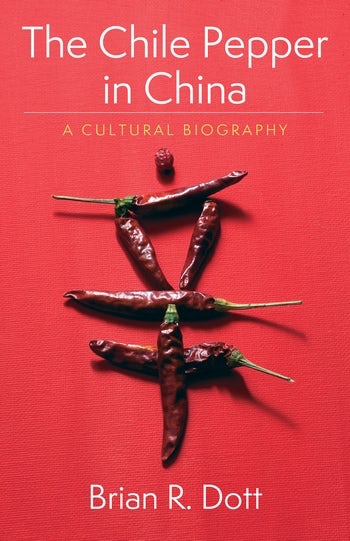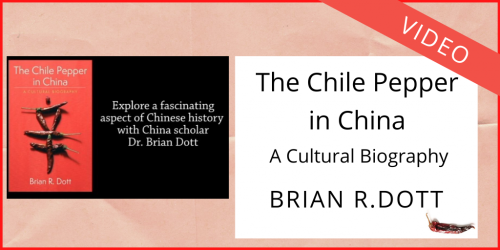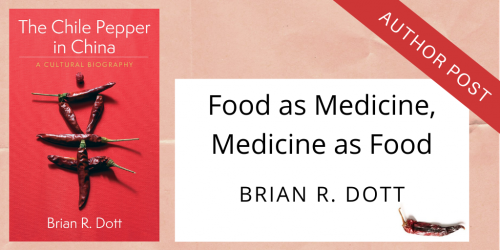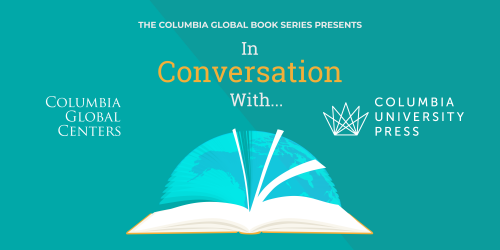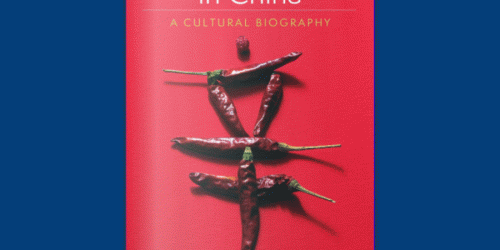Author Event! Join SupChina’s Kaiser Kuo in Conversation with Brian Dott
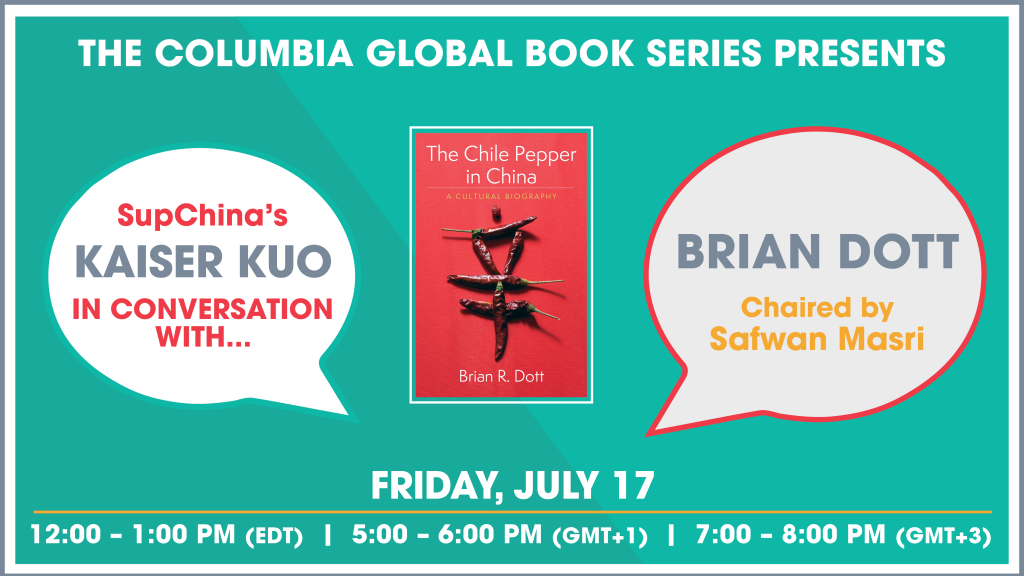
Provocative discussions on the global issues of our time with world-class scholars, authors, and thought leaders
Chinese cuisine without chile peppers seems unimaginable. Entranced by the fiery taste, diners worldwide have fallen for Chinese cooking. In China, chiles are everywhere, from dried peppers hanging from eaves to Mao’s boast that revolution would be impossible without chiles, from the eighteenth-century novel Dream of the Red Chamber to contemporary music videos. Indeed, they are so common that many Chinese assume they are native. Yet there were no chiles anywhere in China prior to the 1570s, when they were introduced from the Americas.
Brian R. Dott explores how the nonnative chile went from obscurity to ubiquity in China, influencing not just cuisine but also medicine, language, and cultural identity. He details how its versatility became essential to a variety of regional cuisines and swayed both elite and popular medical and healing practices. Dott tracks the cultural meaning of the chile across a wide swath of literary texts and artworks, revealing how the spread of chiles fundamentally altered the meaning of the term spicy. He emphasizes the intersection between food and gender, tracing the chile as a symbol for both male virility and female passion. Integrating food studies, the history of medicine, and Chinese cultural history, The Chile Pepper in China sheds new light on the piquant cultural impact of a potent plant and raises broader questions regarding notions of authenticity in cuisine.
Event Speakers
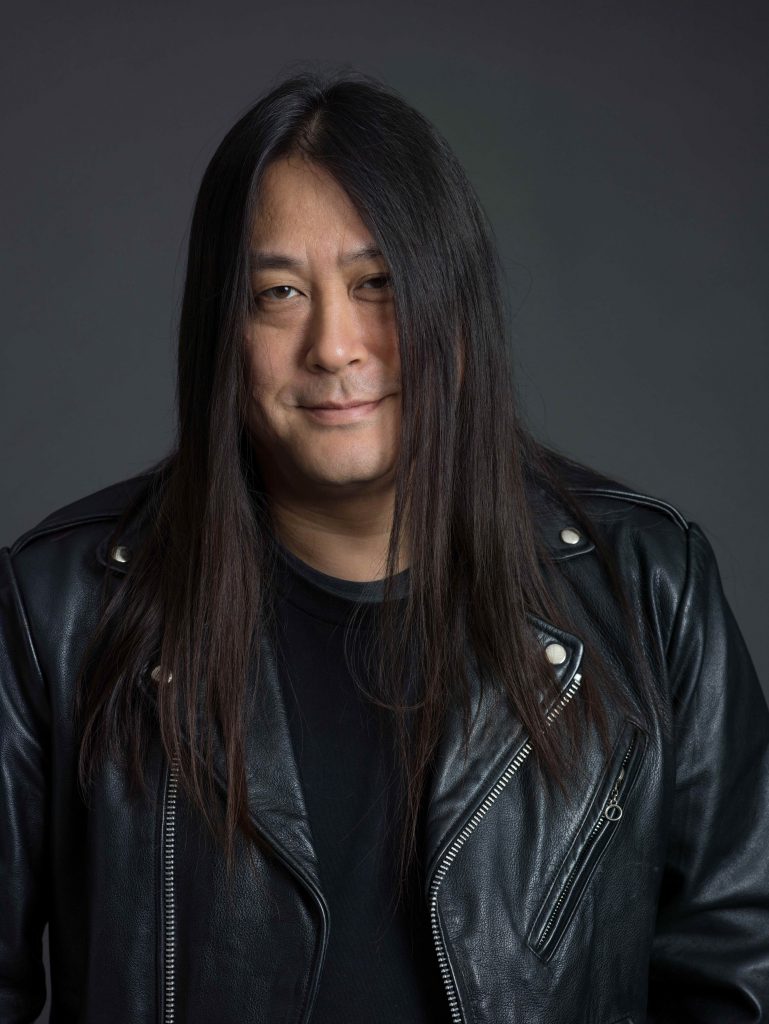
Kaiser Kuo
Kaiser Kuo is the host of the Sinica Podcast, a weekly current affairs podcast that has run since 2010. A native of Upstate New York, Kaiser spent his teens in Tucson, Arizona, and graduated from UC Berkeley in political science before spending a year in China. After coming back to the U.S. for graduate school, he returned to China in 1996 and lived there until 2016, where he played in the Chinese heavy metal band Tang Dynasty, which he co-founded in his student days, then went on to a career in journalism before joining China’s leading search engine, Baidu, where he served as director of international communications. He returned to the U.S. in 2016 and lives in Chapel Hill, North Carolina, with his wife and two children. Since the COVID-19 pandemic began, he has attained modest skill in archery, drums, sourdough bread baking, Sichuan cooking, and making the perfect Sazerac.
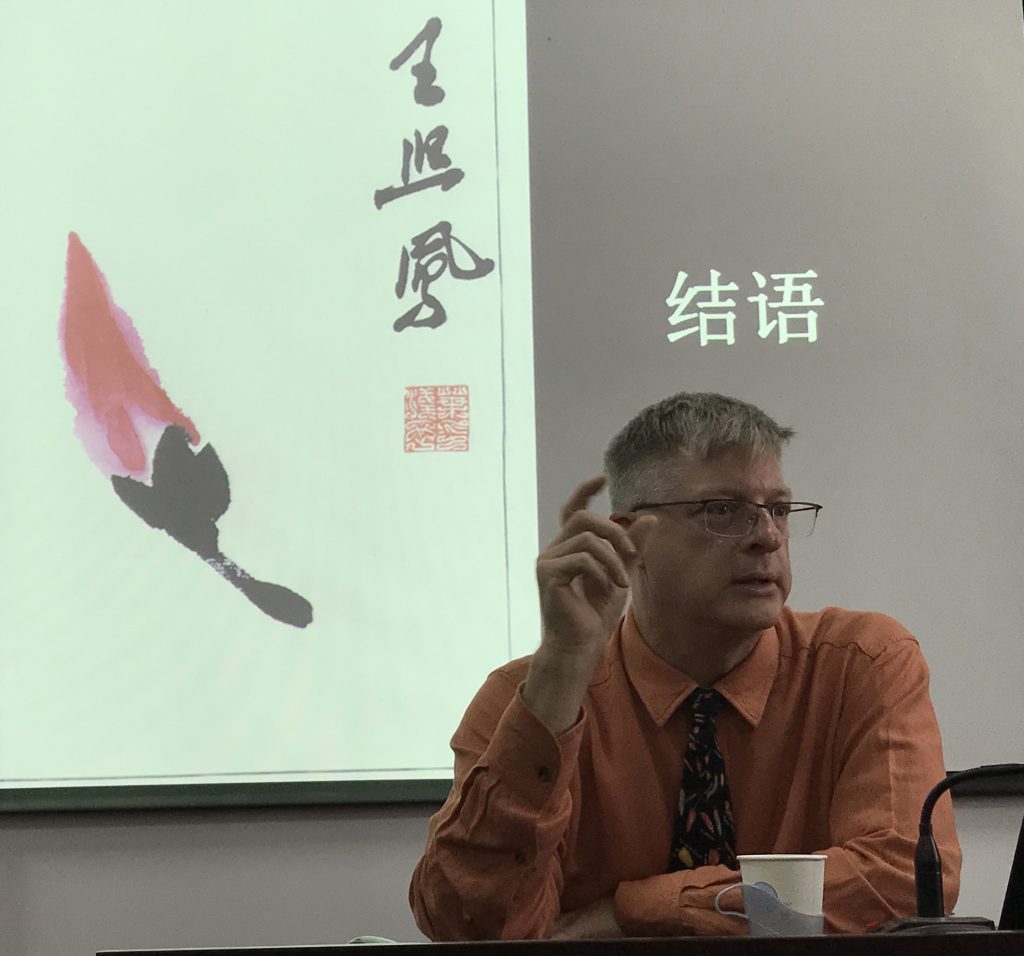
Brian Dott
Brian Dott teaches in the History Department and Asian & Middle Eastern Studies Program at Whitman College in Walla Walla, Washington. His passion is studying changes in Chinese cultural practices from 1500 to the present. Dott has traveled widely in China, living for longer periods in Beijing and Taibei. One of his favorite spicy dishes is 干煸四季豆 (ganbian sijidou, blackened green beans with chiles). His previous book examines different groups of pilgrims to one of China’s most sacred mountains: Identity Reflections: Pilgrimages to Mount Tai in Late Imperial China (Harvard University Asia Center). Dott received a BA in International Relations from the University of Minnesota, a Master’s degree in Chinese Studies from the University of Michigan and a PhD in Chinese History from the University of Pittsburgh, where he worked with Evelyn Rawski.

Safwan M. Masri
Safwan M. Masri is Executive Vice President for Global Centers and Global Development at Columbia University and a Senior Research Scholar at Columbia’s School of International and Public Affairs. He is the author of Tunisia: An Arab Anomaly (Columbia University Press, 2017). Safwan served as Vice Dean of Columbia Business School from 1993 to 2006. He is a lifetime member of the Council on Foreign Relations and an honorary fellow of the Foreign Policy Association.





